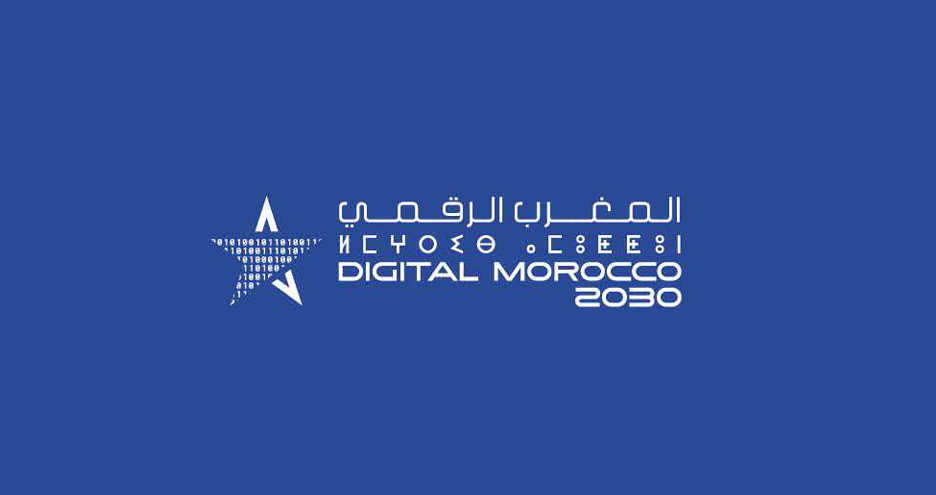Participation of CAFRAD Director General to official launch ceremony of the national strategy for digital development “Digital Morocco 2030”

CAFRAD, represented by Director General Dr. Coffi Dieudonné ASSOUVI, attended the official launch ceremony of “Digital Morocco 2030”, the National Digital Development Strategy of the Kingdom of Morocco. The ceremony was held in Rabat on Wednesday September 25, 2024. This major event is part of the Royal Vision of His Majesty King Mohammed VI, may God assist him, which placed the digital issue at the heart of the Kingdom’s priorities.
The inauguration session began with a speech via videoconference by the Head of Government of the Kingdom, Mr. Aziz Akhannouch, followed by the presentation of the National Strategy “Digital Morocco 2030” by the Minister in charge of Digital Transition and Reform of the Administration Ms. Ghita Mezzour. Subsequently, a speech was given by the President of the General Confederation of Moroccan Enterprises, Mr. Chakib Alj.
The strategic vision is based on two pillars: i) the digitalization of public services (e-gov) and ii) the promotion of the digital economy, focused on the citizen-customer and the pathway approach. This approach allows an improvement in the quality of public services intended for citizens, digitalization having several advantages such as bringing the administration closer to the citizen, providing easy access to services, or even reducing the processing time and costs of requests.
As a result, the Strategy will aim in particular to improve the “OSI” indicator of the EGDI ranking of online public services. From 113th in the world and 14th in Africa in 2022, the Kingdom plans to move to 50th in the world and 1st in Africa in 2030.
EGDI, or “E-Government Service Index”, is an index created by the United Nations to represent the state of e-government in countries. This measure is composed of three elements: OSI (Online Service Index), HCI (Human Capital Index), and TII (Telecommunication Infrastructure Index), and reflects a country’s degree of use of information technologies for ease of communication as well as access to services for all citizens.
Besides the goal of digitalizing public services, this national strategy also aims to boost the digital economy in terms of: value creation and employment, contribution to national GDP, and digital production.
Several partnership agreements were signed during this official launch, between the Ministry of Digital Transition and Administration Reform and public and private organizations for the effective implementation of this Strategy.
It is important to note that a National Digital Development Commission has been set up to coordinate the interventions of the different stakeholders.
Also, the Strategy has identified three (3) catalysts, digital talents, the cloud and connectivity, which condition its efficient implementation.
The participation of the new Director General of the Pan-African Intergovernmental Organization in this event is part of his vision of digital transformation of African public administrations in the interest of African citizens and people.




